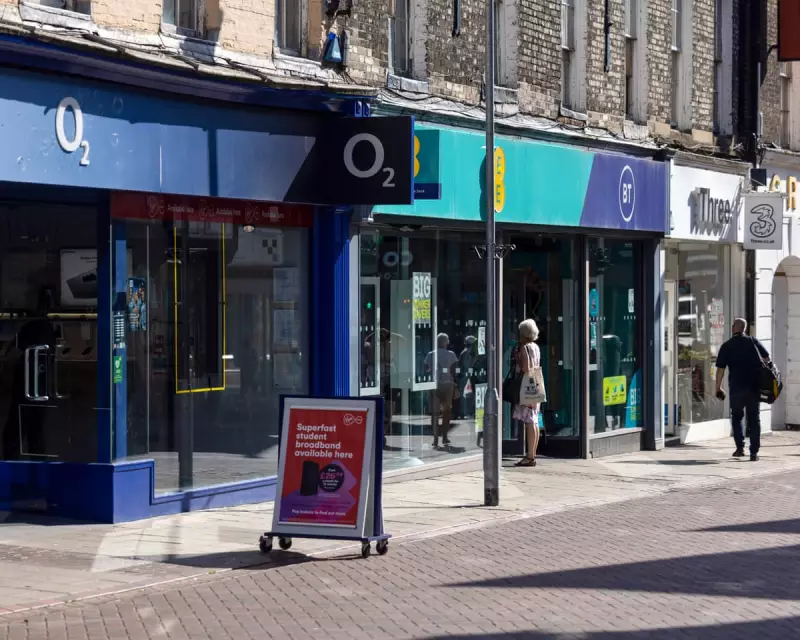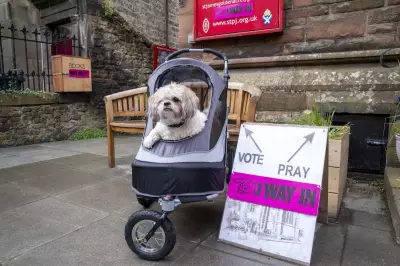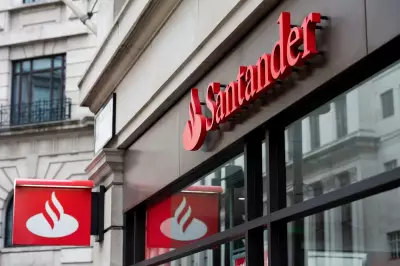
In a stark reflection of the escalating crime wave hitting British high streets, major mobile phone retailers have been forced to adopt a drastic new security measure: trading from behind locked doors.
The unprecedented move, which involves customers being vetted and let in by staff, comes in direct response to a terrifying surge in violent and organised thefts targeting stores for their high-value smartphone inventory.
A New Era of Fortified Retail
Gone are the days of browsing freely. Chains including EE, Vodafone, Three, and O2 have quietly rolled out the 'lock-and-greet' policy across numerous locations. The new protocol sees staff:
- Controlling access: Doors remain locked during operating hours.
- Vetting entrants: Potential customers are visually assessed before entry is granted.
- Managing flow: Limiting the number of people inside to what staff can safely manage.
This creates a jarring experience for consumers, transforming a routine shopping trip into a controlled transaction reminiscent of entering a high-security premises.
The Soaring Statistics Behind the Security
This extreme measure is not without cause. The industry is reeling from a dramatic increase in criminal activity. According to recent data:
- Reports of thefts and burglaries from communications stores have skyrocketed, with some sources indicating a double-digit percentage increase year-on-year.
- These are often not opportunistic crimes but violent, organised raids where staff are threatened and stores are ransacked.
- The high resale value of the latest smartphones makes these retailers a prime target for criminal gangs.
Industry insiders report that the psychological toll on staff is immense, with many employees fearing for their safety on a daily basis.
Industry and Official Response
The situation has become so critical that it has prompted a coordinated response. Mobile UK, the industry body representing network operators, has been working closely with the Home Office and the National Police Chiefs' Council (NPCC) to develop a robust action plan.
This collaboration aims to enhance security strategies and improve police response times to incidents. A spokesperson emphasised that the safety of both staff and customers remains the 'absolute priority', justifying the implementation of what they acknowledge are 'inconvenient' security protocols.
A Symptom of a Wider High Street Crisis
While the locked-door policy is a direct reaction to theft, it also serves as a powerful symbol of the challenges facing physical retail in the UK. It raises urgent questions about:
- Consumer Experience: How can retailers provide a welcoming environment while operating like a fortress?
- Staff Safety: What more can be done to protect frontline retail workers from violence?
- Policing & Legislation: Is the response sufficient to deter organised retail crime, or are retailers being left to fend for themselves?
The sight of locked shops on the British high street is a desperate solution to a desperate problem, signalling a critical moment for retail security and community safety.





